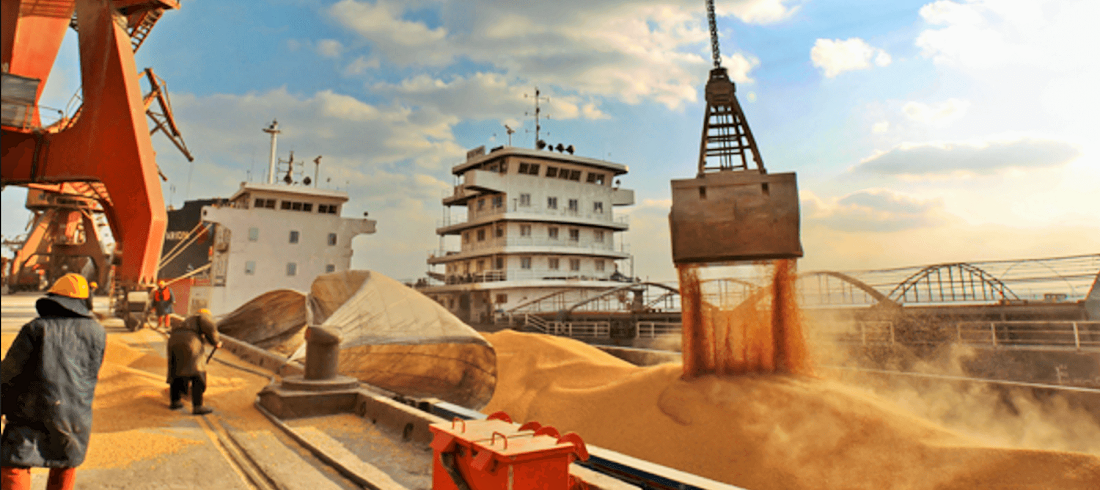
Shipping Soy to China Costs More from Brazil than U.S. or Argentina
Nov, 13, 2024 Posted by Sylvia SchandertWeek 202443
Brazil spends significantly more on shipping soybeans to China than its competitors, the United States and Argentina. According to a study by the National Association of Cereal Exporters (Anec), based on March data, shipping soybeans from Sorriso (M.T.) to China would incur a freight cost of $124 per ton if the exporter used trucks for the 2,000-kilometer journey to the Port of Santos.
If a combination of truck and train were used, the cost would be $111 per ton. The freight cost would be $103 per ton for exporters using barges and trucks. For comparison, shipping soybeans from Illinois, USA, to China via the same mode of transport would cost $75.50 per ton in March this year.
Argentine exporters using trucks to transport goods from Córdoba to the Port of Rosario would pay $94 per ton, while the cost would drop to $79 per ton by rail.
“In the U.S., the distance traveled by production to the ports is half that of Brazil’s. Additionally, the condition of highways in the U.S. significantly reduces vehicle maintenance costs. The concentration of railways and waterways is another factor that greatly reduces freight costs,” says Sérgio Mendes, executive director of Anec.
Thiago Péra, coordinator of EsalqLog, adds that only 16% of agricultural cargo movements in the U.S. were by truck last year, while waterways transported 53% and 31% by rail. In Brazil, the situation is the opposite: 54% by truck, 33% by rail, and 12% by waterways.
Mendes also notes that Argentina prioritizes crushing soybeans before exporting, and production is located near processing plants within 250 km of the ports.
Another factor influencing costs is seasonality, particularly Brazil’s storage deficit. “This creates higher demand for truck transport during peak soybean and corn harvest periods, driving up freight prices,” Mendes explains.
In the U.S., storage capacity accounts for 131% of total grain production, while in Brazil, Anec estimates it at 60% of the annual harvest volume.
Executives and researchers agree that Brazil’s competitiveness will improve with a combination of legal security to attract private capital and more robust state-led infrastructure programs. Bureaucracy surrounding the issuance of licenses for building railways and other transport routes is also a widespread complaint.
Source: Globo Rural
-
Coffee
Feb, 17, 2022
0
Soluble coffee exports earn 41% more in January despite price and logistical challenges
-
Economy
Jun, 12, 2019
0
Brazil and Uruguay sign an agreement to avoid double taxation
-
Grains
Oct, 03, 2021
0
Commodities continue to climb
-
DW 2019 EN
Oct, 07, 2019
0
DATAMARWEEK 08 OCTOBER 2019

